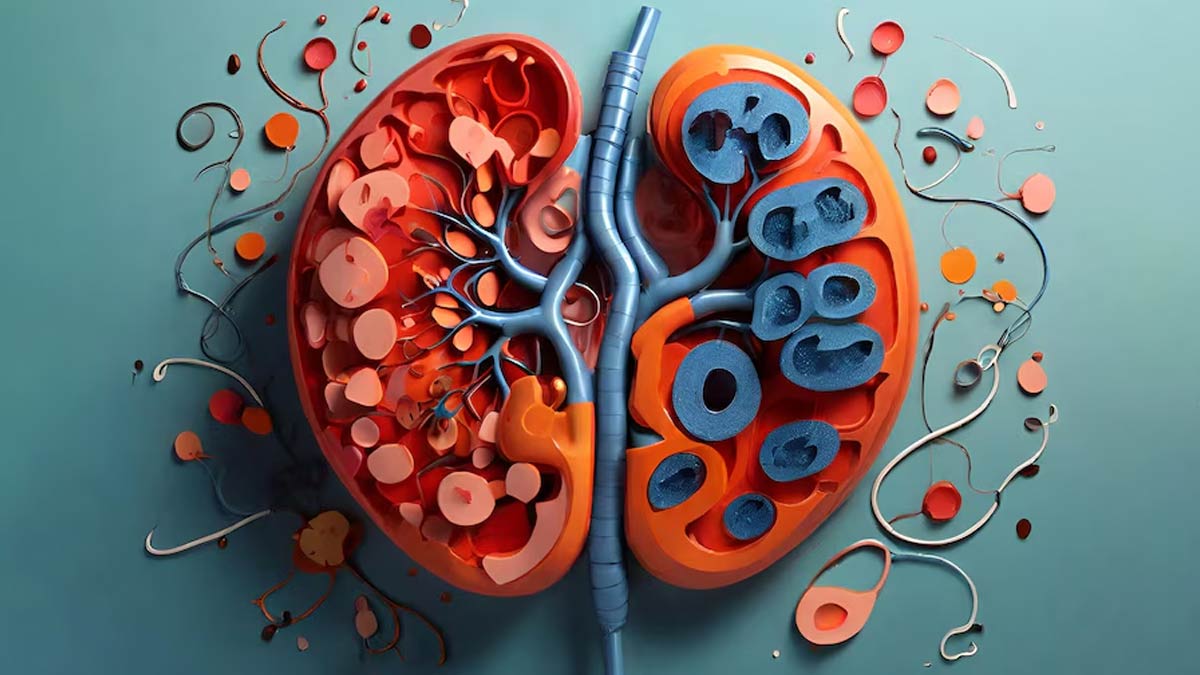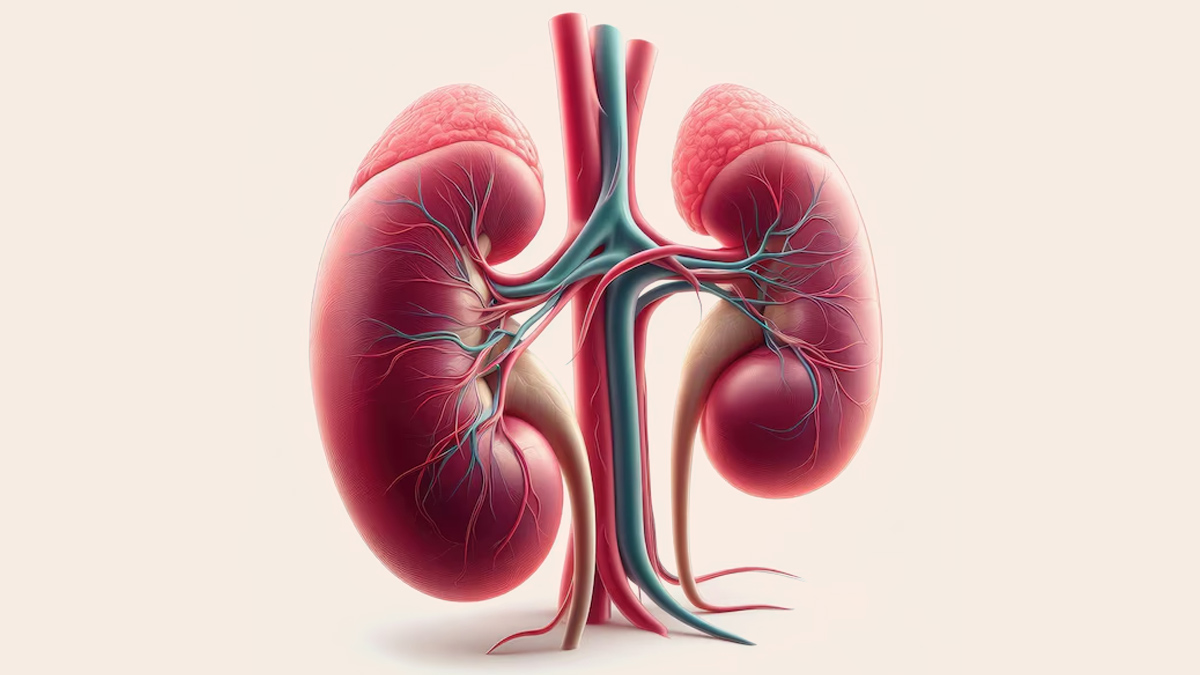
Our human body works on a finely tuned internal clock known as the circadian rhythm. This rhythm regulates various physiological functions of our body including the sleep-wake cycle, hormone production, and even metabolism.
Table of Content:-
Recently, studies have shown a connection between kidney function and circadian rhythm, suggesting that the disruptions to this internal clock can have profound effects on kidney function.
To get an in-depth understanding on this, OnlyMyHealth interacted with Dr K Mahesh Prasad, Consultant, Nephrology, P. D. Hinduja Hospital & MRC, Mahim, Mumbai.
Circadian Rhythm And Kidney Function

As per study, circadian rhythm is primarily governed by the suprachiasmatic nucleus (SCN) in the brain, which responds to light signals received through the eyes. These signals help our body’s internal clock to sync with the external environment, ensuring that the biological processes of the body are aligned with the day-night cycle.
Talking about how this internal clock is linked with kidney function, Dr Prasad said, “Circadian rhythm determines urine formation, frequency, and timing of release of various hormones, which determine blood pressure and electrolyte composition.”
Furthermore, Dr Prasad said, “Disruptions to these rhythms by shift work or irregular sleep patterns may lead to conditions like nocturnal polyuria, where excessive urine production occurs at night, affecting sleep quality and overall kidney function.”
Blood Pressure Regulation

According to Dr Prasad, there is a connection between BP oscillation and renal disease. One of the ways the circadian rhythm influences kidney health is through its effects on regulation of blood pressure. Following a pattern, blood pressure typically peaks in the morning and reaches its lowest point during the night time. Clearly, this pattern is controlled by circadian rhythm which helps in syncing the blood pressure fluctuations with the metabolic needs of our body.
Now you would wonder, how is all of this related to kidney function? When this circadian rhythm is disrupted because of irregularities in sleep patterns, it can lead to hypertension, which is a major risk factor for kidney disease.
Talking on this, Dr Prasad said, “Numerous trials showed that chronotherapy ( addressing circadian cycle ) in the treatment of nondippers is effective in restoring the normal 24-hour rhythm of BP in many patients. Night time dialysis may benefit patients experiencing circadian disruption.” Adding further, he said, “However, this is an evolving concept. To identify those patients most likely to benefit from chronotherapeutic intervention, lots of work is still needed.”

In addition to its role in regulating kidney function, circadian rhythm also interacts with other systems of our body to maintain our overall health. Disruptions to the circadian rhythm have long been linked with obesity, metabolic disorders and both of these pose a risk of kidney disease.
Also read: What Is Circadian Rhythm, Body's Master Clock That Hates Poor Lifestyle Choices
Conclusion
Circadian rhythm plays an important role in regulating kidney health and various other processes that are essential for the proper functioning of the kidney. Disturbance to this rhythm can have adverse effects on kidney health increasing the risk of hypertension and other kidney related disorders. Thus, it is important to go according to your body clock in order to avoid any kidney disorders in the future. This will ultimately improve your health and well-being.
Also watch this video
How we keep this article up to date:
We work with experts and keep a close eye on the latest in health and wellness. Whenever there is a new research or helpful information, we update our articles with accurate and useful advice.
Current Version